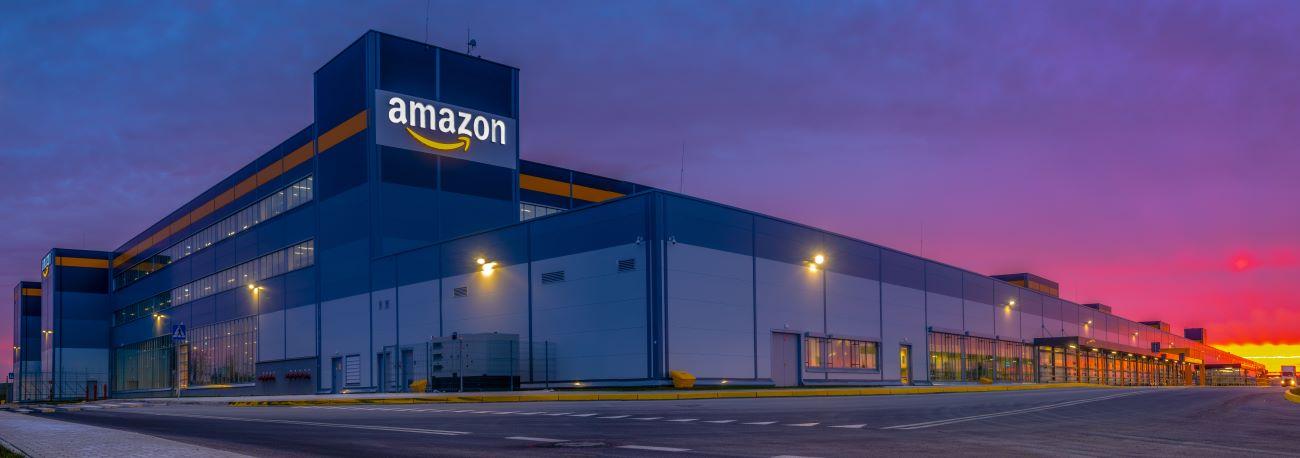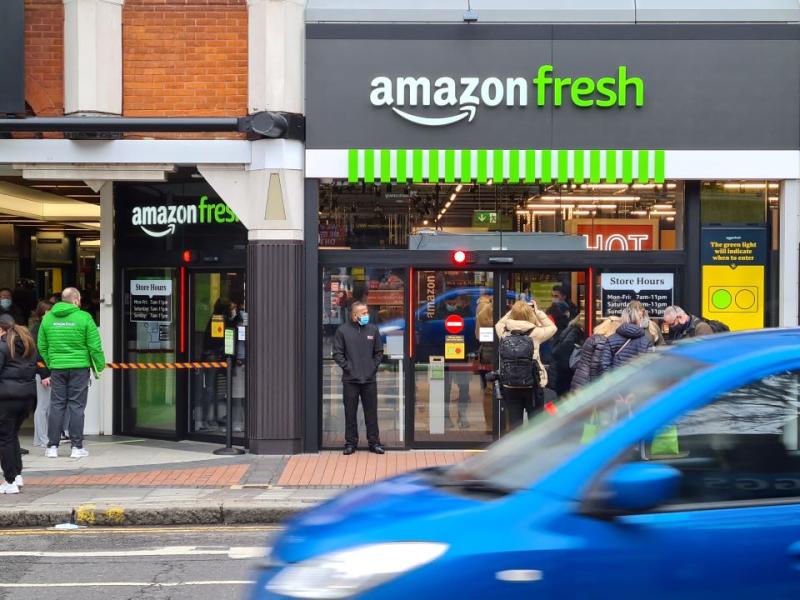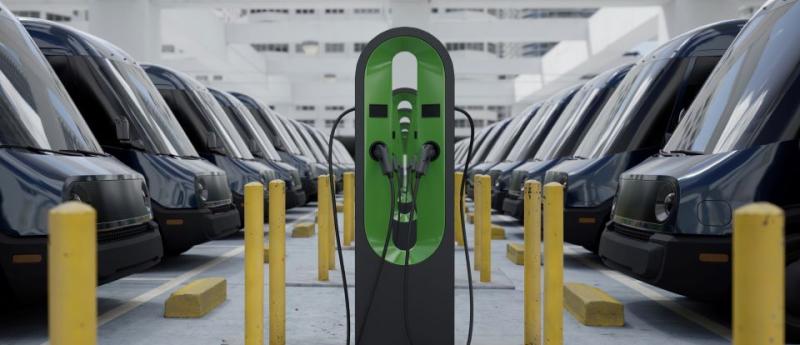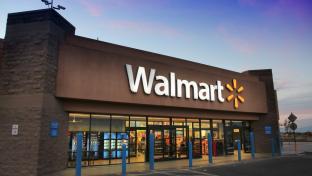Amazon Progresses on End-to-End Sustainability
Amazon has been very vocal about its continued efforts to reduce carbon emissions and introduce sustainable business practices across its enterprise. The latest progress reports come from the company’s grocery segment, transportation fleet, and its tech offerings.
As part of the company’s Climate Pledge commitment to be net-zero carbon by 2040, one of the company’s Amazon Fresh locations in Seattle received a Zero Carbon Certification from the International Living Future Institute (ILFI).
The 35,000-square-foot store was designed with sustainability in mind, having saved 100 tons of CO2e since opening last year. Features include a natural-refrigerant-based cooling system, an all-electric kitchen and hot water heating systems, EV charging for customers, and low-carbon concrete floors.
This marks the first time a grocery store (and Amazon’s first building) receives this certification. The Institute is currently evaluating for other Amazon locations as well.
Tony Hoggett, senior vice president of Amazon’s Worldwide Grocery Stores, said Amazon is building a best-in-class grocery shopping experience. “Part of that is bringing customers more sustainable options across our stores. Enacting initiatives that support Amazon’s commitment to be net-zero carbon by 2040, like the Zero Carbon Certification, are a win for our planet.”
“We’re thrilled to see this leadership from Amazon,” said Lindsay Baker, CEO of ILFI, in a statement. “A grocery store showing how to be accountable for all its carbon — from construction and materials to operations — is impactful from both a customer and industry perspective.”
EV Fleet Growing Steadily
Amazon has also been overhauling its supply chain fleet, investing in electric vehicles as part of a goal to get 100,00 electric-powered delivery vehicles on the road by 2030. The effort rolled out in 2022, and so far more than 10,000 vehicles are on U.S. roads today, spanning 1,800 cities and having delivered 260 million packages.
The vans from Rivian are equipped with a suite of safety features and are embedded with tech that integrated the delivery workflow so drivers can easily access routing and navigation support. As part of the initiative, Amazon has installed over 12,000 chargers across 100 delivery stations in the U.S.
Other related transportation overhauls include custom EV vans launching in Germany, and the company is investing in other modes of delivery such as e-cargo bikes and e-rickshaws, to test and learn across the U.S., the European Union, and India. Additionally, the company is working on solutions like green hydrogen and ultra-low carbon electrofuels.
Data Centers Getting Sustainability Boost
Amazon-owned AWS is embedding sustainability strategies into its data centers to lower carbon usage related to construction. The company is using lower-carbon concrete and steel when constructing data centers.
So far, the company has saved more than 22,000 tons of carbon dioxide equivalent from constructing 27 data centers using these materials. The construction industry accounts for around 11% of global emissions.
AWS is also encouraging its suppliers to implement similar efforts into their value chains, touting the benefits of eco-friendly steel. By incorporating higher-strength steel into its structural designs, AWS achieved a weight reduction of 70 tons of steel for each two-story data center.
In order to further end-to-end, value chain progress, the company has invested in a couple of early-stage companies: Brimstone, which is developing the first carbon negative process for cement manufacturing, and Electra, which is manufacturing iron at lower temperatures, leveraging low-grade iron ores and renewable energy.








